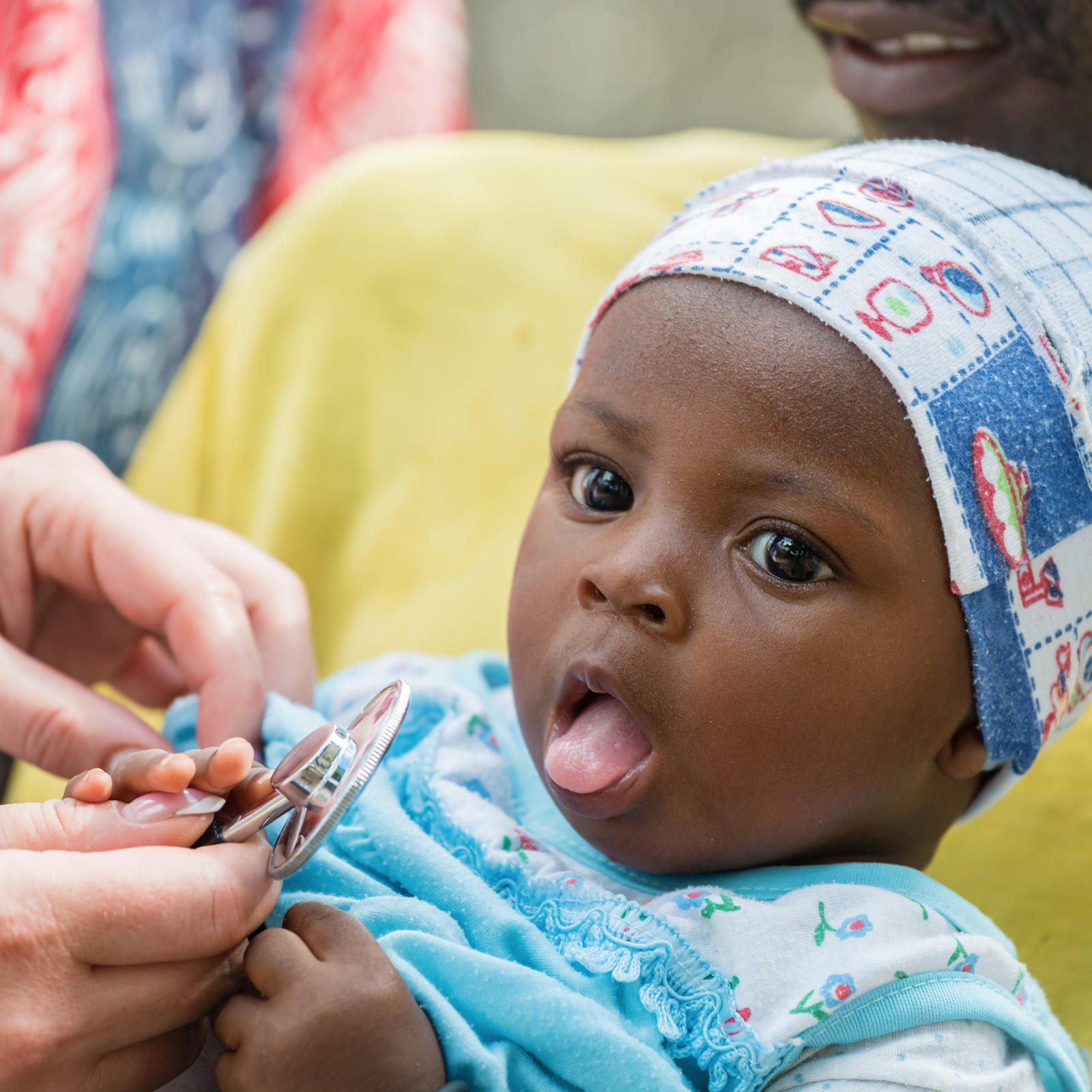Population Health Informatics
In any public health crisis, timely knowledge is power. Our transdisciplinary team leverages predictive modeling tools to inform and support public health policymakers as they identify and deploy essential response measures. Our distinguished record of success is visible in the support we provided key government agencies as they tackled H1N1 in the United States and cholera in Haiti, and in the data and analysis we are provided to help contain the Ebola outbreak in western Africa.
Our team applies its expertise in modeling and simulation of massively interacting systems, network science, data science, and high-performance computing to problems in health sciences. We study how individual-level interactions – which might be host-to-host transmission of an infectious disease, peer influence on health-related behaviors, or interactions between a pathogen and cells in a host’s immune system – lead to population-level consequences. The models account for important heterogeneities in the population, constructing a synthetic population – of humans, cells, or other agents – from a variety of data sources that are often considered to be incommensurate. The resulting simulations support in silico estimates for the relative efficacy of control measures.



